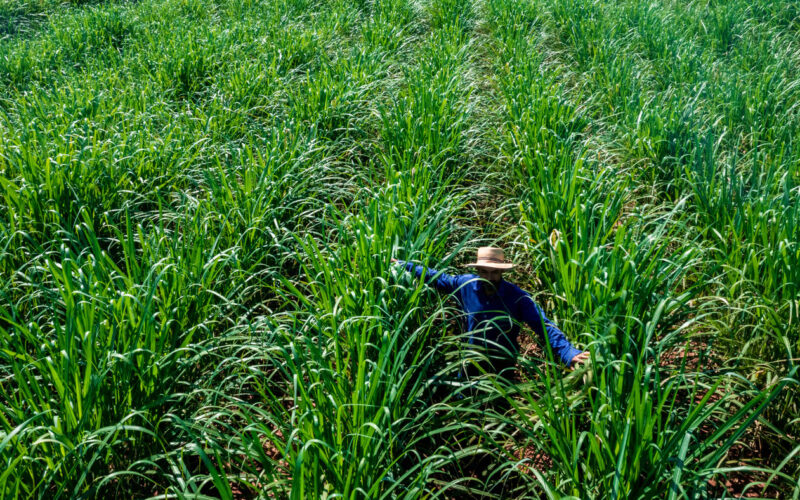Unilever and Nufarm, a global leader in agricultural innovation, have announced a partnership to develop and commercialise a crop designed to produce sustainable oils. This innovative project focuses on cultivating crops with significant biomass, utilising plant material such as leaves and stems to produce biomass oil, a rich source of fatty acids crucial for Unilever’s laundry detergents and beauty and personal care products.
Unlike traditional plant oils, derived from seeds and fruits like sunflower and canola, this technology will extract oil from the entire plant, including leaves. Initial efforts are centered on crops such as cane and sorghum, a cereal grain, marking a significant breakthrough in sustainable agriculture.
Nufarm has previously pioneered energy cane, a high-yield, sustainable variety of sugar cane that generates more plant material and sugar than conventional types. Building on this success, the partnership will leverage recent advances in biotechnology to create a commercially viable energy cane variety capable of producing biomass oil.
The initiative aims to reduce reliance on petrochemical-based ingredients, making it the first time a biomass crop has been optimised for plant-based oil production on a commercial scale. If successful, the oil will serve as a sustainable ingredient in consumer goods.
Current energy cane already offers sustainability benefits such as climate resilience, drought resistance, and improved soil erosion protection. The project seeks to enhance these traits while achieving Unilever’s greenhouse gas (GHG) emission reduction goals. The plant’s versatility is also a key focus: in addition to oil production, its sugar content could be used for biotechnology applications like creating fragrances and enzymes, while leftover plant fiber may be repurposed for paper and packaging.
“By continuing to invest in biotechnology, we aim to further unlock the power of nature and build a more sustainable and diverse supply chain for the future,” said Neil Parry, Head of Biotechnology at Unilever.
He added, “This partnership enables us to identify alternative ingredients for our household, beauty and personal care brands which will further support our ambition to reach net zero emissions across our value chain by 2039.”
Raw materials and ingredients contribute approximately 52% of Unilever’s GHG emissions under its net zero scope. This partnership is part of Unilever’s broader strategy to utilise biotechnology for sustainable sourcing. The initial phase of the project will focus on research and development to refine plant biotechnology processes.






















